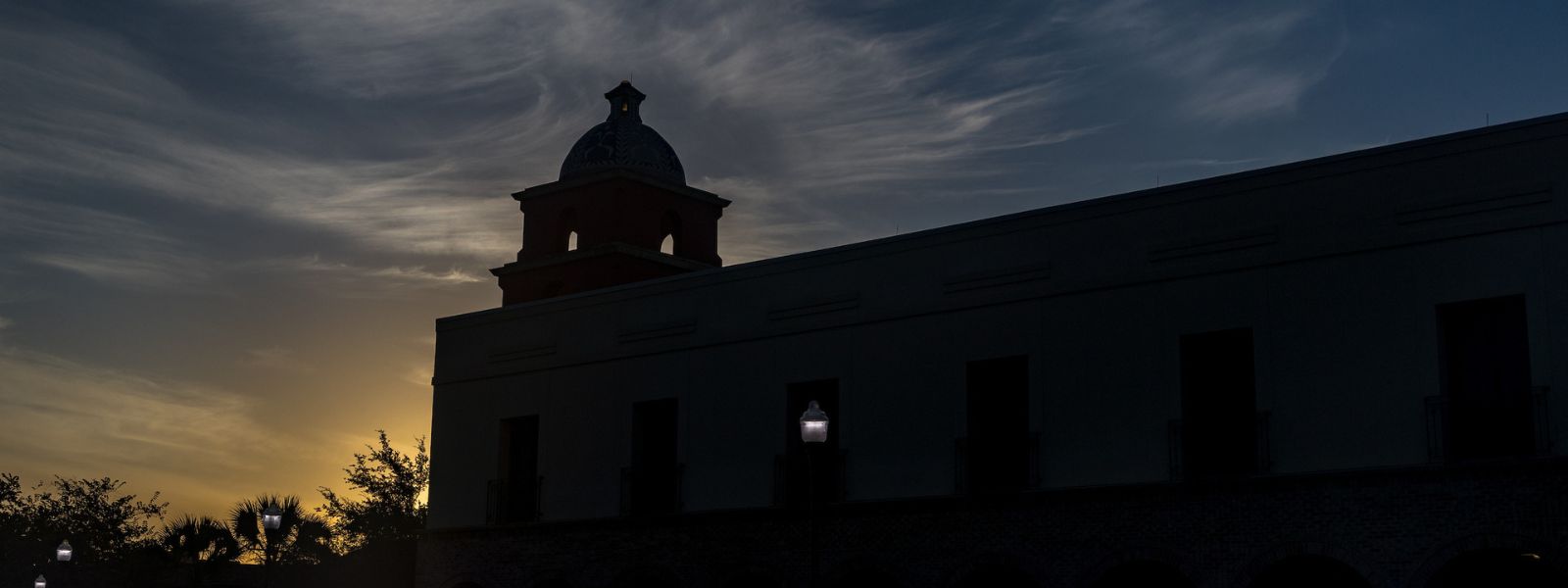
History Faculty Publications
Document Type
Article
Publication Date
2011
Abstract
In 1979, the Dow Chemical Company published an excerpt from a speech by H. Peter Metzger that announced an emerging conflict in American ideals and public policy. He stated that a new kind of individual inhabited Washington, people from the counterculture who were “coercive utopians” because they sought to achieve their agenda through covert actions and hoped to end the American free market economy. Following the 1962 publication of Rachel Carson’s Silent Spring and the subsequent banning of DDT in 1972, Dow and other chemical manufacturers fought to keep the regulatory climate favorable to industry. Dow found itself defending the phenoxy herbicide 2,4,5-T in particular for almost the entire decade of the 1970s. Using Dow Chemical Company records, trial transcripts, scientific journals, and writings by environmental activists, it becomes possible to see the contested landscape of scientific knowledge and chemical regulation. This essay argues that Metzger's “coercive utopians” challenged the assumed scientific basis of chemical safety and used the regulatory powers of the state to reassess the safety of everyday chemicals. This established a pattern of contested knowledge and ideological conflict that continues to form the core of debate between public safety and free-market prerogative.
Recommended Citation
Hay, Amy M. 2011. “Dow Chemical vs. ‘Coercive Utopians’: Constructing the Contested Ground of Science and Government Regulation in 1970s America.” Business and Economic History On-Line 9: 15.
Publication Title
Business and Economic History On-Line


Comments
© 2011 Business History Conference. Original published version available at http://www.thebhc.org/publications/BEHonline/2011/hay.pdf